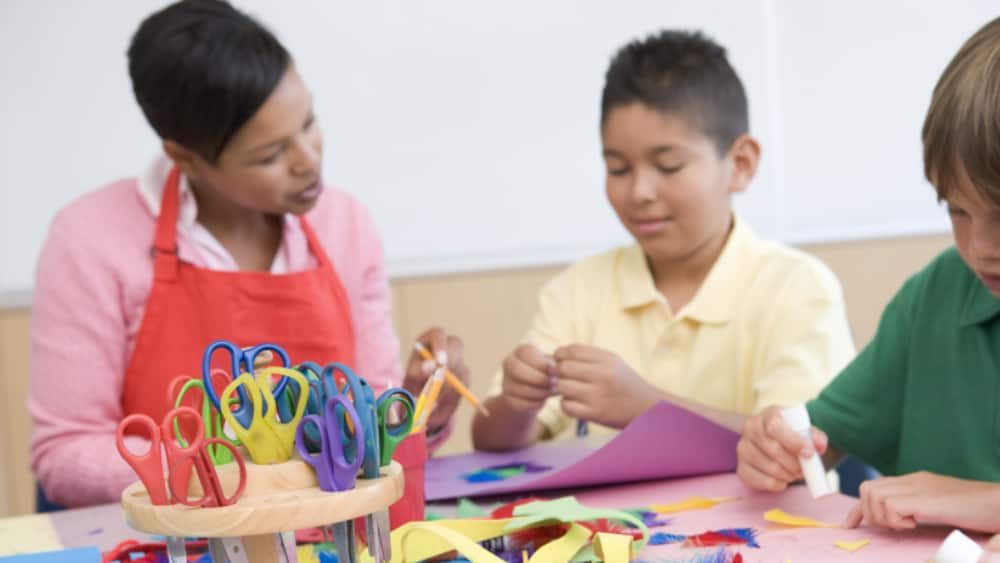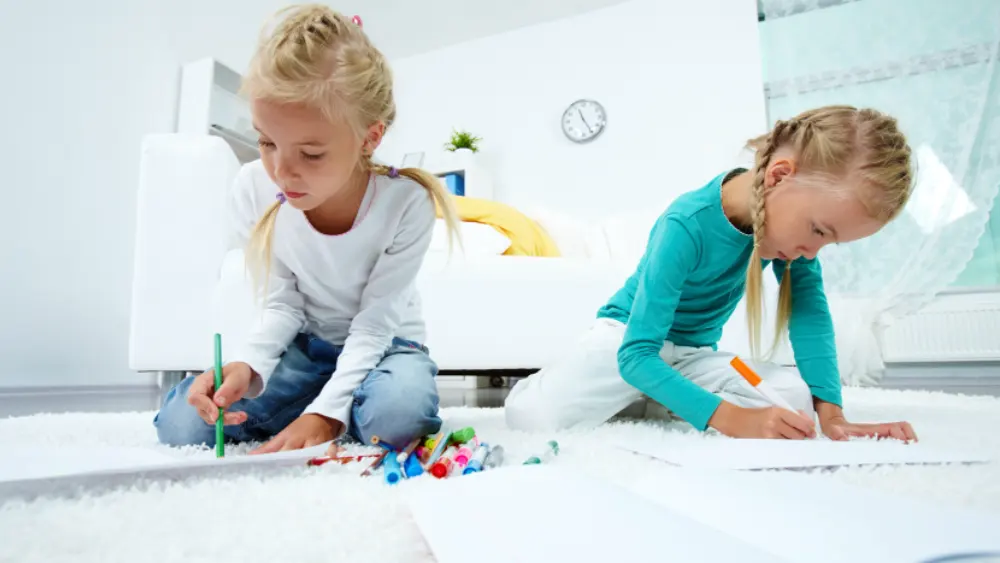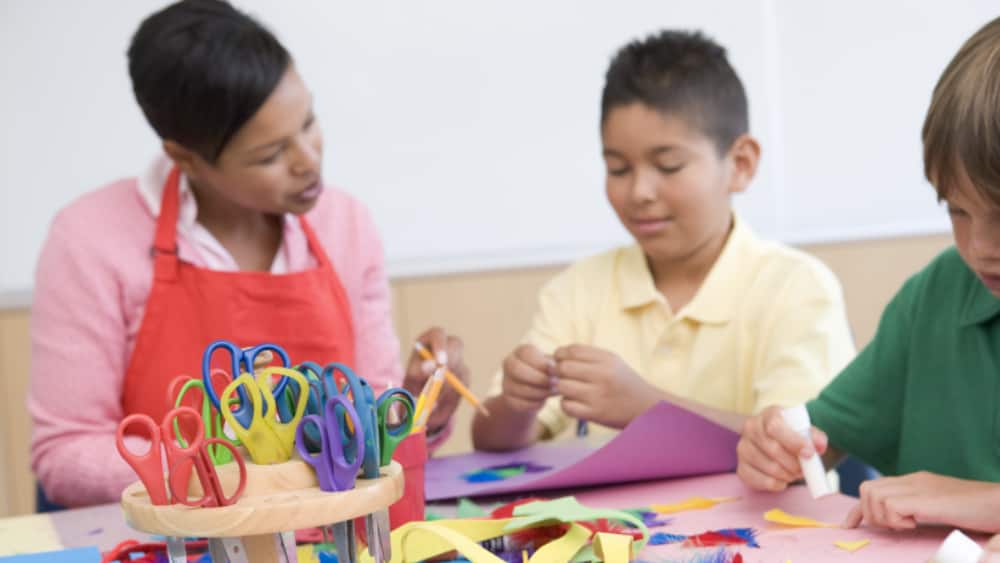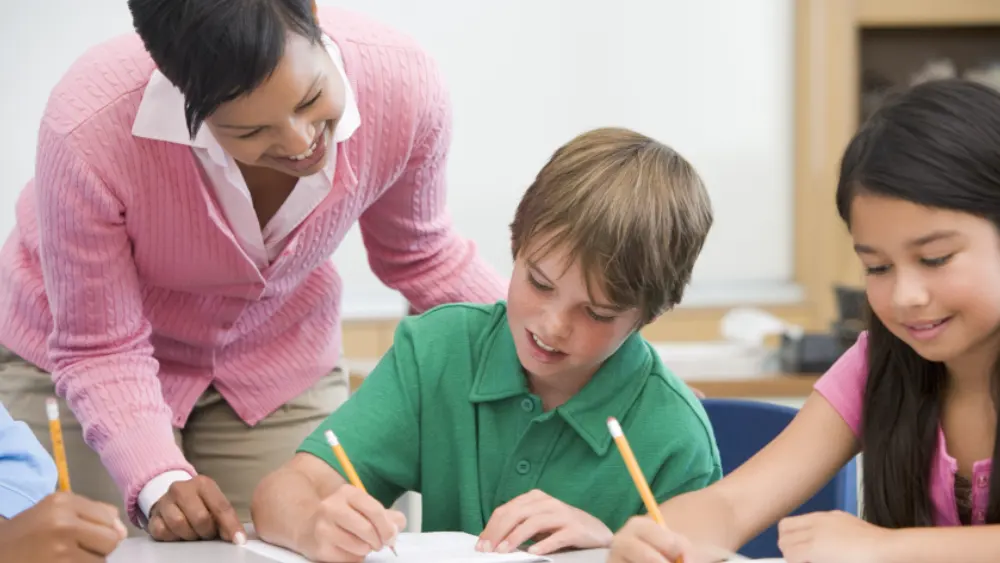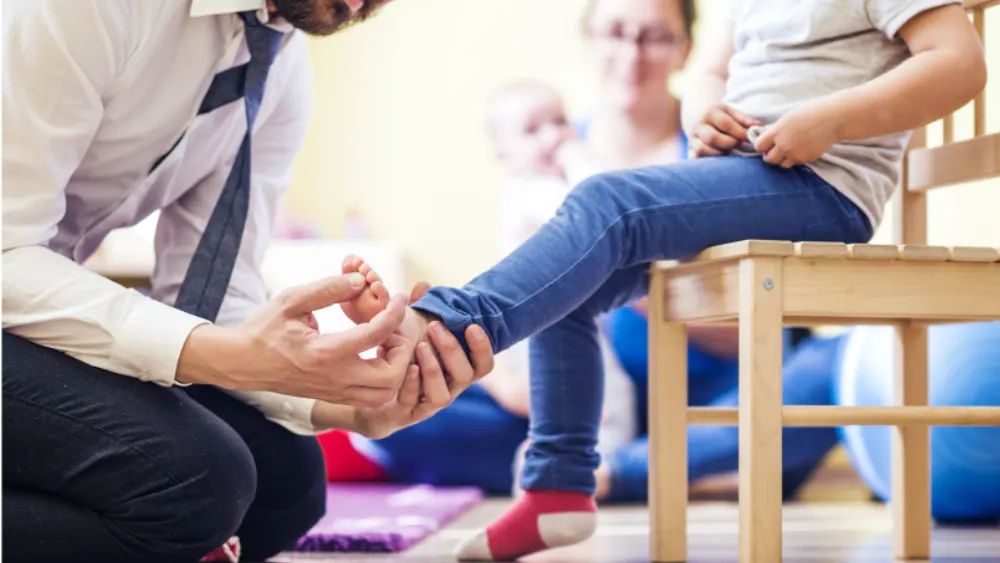When you think of a special education team, you might picture teachers, therapists, and school psychologists all working together. But there’s one key player often behind the scenes: the Registered Behavior Technician (RBT).
RBTs are hands-on professionals who implement behavior intervention plans (BIPs) to assist students in developing a wide range of skills, including social-emotional growth, motor skills, and academic abilities while addressing behaviours that challenge. While teachers primarily focus on academic instruction and therapists specialize in areas like speech or fine motor skills, RBTs play a crucial role in multidisciplinary teams fostering behaviour and skill acquisition across various domains, ensuring a cohesive approach to each student’s development
It’s not just their technical skills that make RBTs special though. They’re also trained to communicate, show respect, and truly collaborate with other special education pros. Below, we’ll dive into how RBT training strengthens team dynamics and creates an environment where everyone is working toward the same goal: the success and well-being of all students!
Strengthening Communication Skills
One superpower RBTs bring to the table is their knack for effective communication. In special education, it’s important that everyone’s on the same page – and that’s exactly what RBTs help make happen. They’re not just working with students but also great at keeping teachers, behavior analysts, and others in the loop with the latest updates.
Clear communication helps the whole team stay in sync. Whether it’s telling a teacher how a student responded to an intervention or sharing some progress insights, RBTs know how to give feedback that’s clear, kind, and useful. This ensures everyone can adjust their approach when needed to keep things running smoothly.
But communication isn’t just about talking – it’s as much about listening as it is about speaking. RBTs are trained to tune in to both their students and teammates. By being attentive and sharing the right info at the right time, they help create a place where everyone feels heard, valued, and supported.
At the end of the day, it’s strong communication that keeps the team moving forward, and RBTs are the ones driving those meaningful, productive conversations.
Enhancing Problem-Solving and Decision-Making
Problem-solving and decision-making are skills special education professionals use every single day. When challenges pop up, like a student struggling with a new skill or a behavior plan that needs a little tweaking, the whole team rallies together to figure out the best way forward. And RBTs are right at the heart of that action.
RBTs are trained to think critically and use the data they collect to come up with smart solutions. They help the team figure out what’s working, what’s not, and why a student might be having a hard time. RBTs bring fresh ideas that lead to new strategies or small tweaks that make a big difference.
What’s really cool about RBTs is that they’re not mindlessly following a plan – they’re actively brainstorming and helping the team make the best decisions for each and every student. They might be coming up with creative ways to tackle a behavior or fine-tuning an intervention with their supervisor to make it more effective – either way RBTs are the ones who turn plans into reality.
Promoting Consistency in Student Support
Consistency is the secret sauce to helping students thrive, and RBTs are great at making this happen. They team up with teachers, behavior analysts, and others to ensure students get the same level of support all day long – whether they’re in the classroom, at a client’s home, or anywhere else.
RBTs also help to ensure support seamlessly transitions between settings and team members. If something shifts in the classroom, RBTs communicate with all stakeholders to adapt the strategies being used for the student, ensuring that each individual receives the best possible support at all times.
Bottom line: RBTs help create a steady, reliable support system that makes students feel secure, ultimately leading to positive progress and better outcomes.
Try Our RBT Training for Free
RBT training not only helps you grow professionally but also allows you to play a vital role in supporting students in special education. Becoming an RBT will help you be better equipped to make a real difference in students’ lives.
If you’re ready to take the next step into the world of behavior analysis, why not explore our RBT training program? We’re offering the first module for free, giving you a chance to learn some of the essential skills that will set you up for success in this rewarding field.
After you access our free module, be sure to check out our YouTube channel for additional tips. Then send us a message if you have any questions – we’re here to help you make the most of your RBT training! And for those already enrolled, don’t forget to make sure of our additional study resources.
